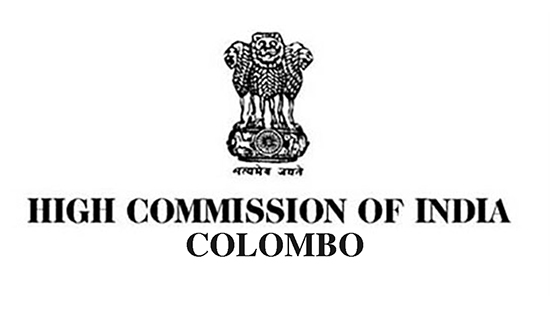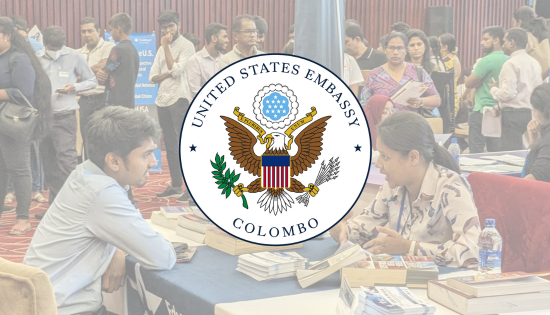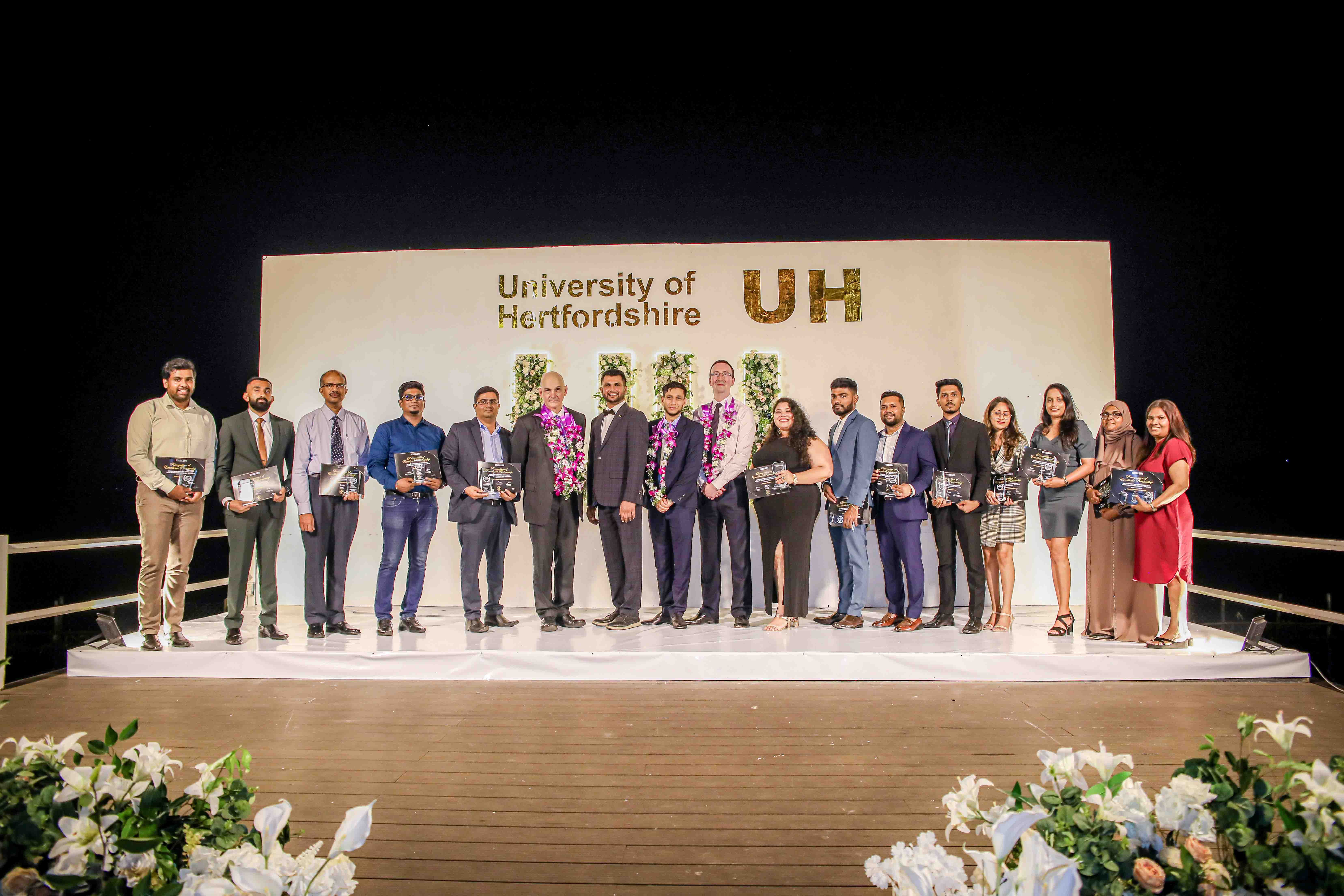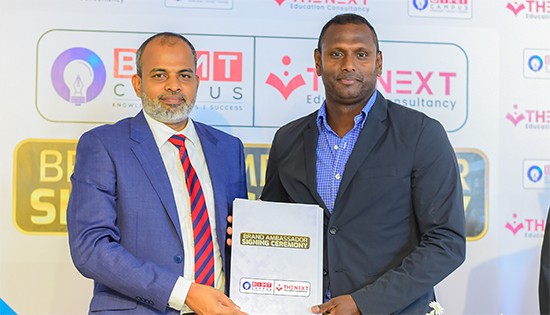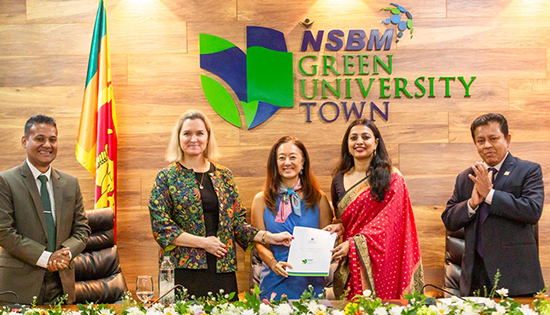MBBS vs MD: Understanding the Differences and Choosing the Right Path in Medicine
Bachelor of Medicine Bachelor of Surgery (MBBS) VS Doctor of Medicine (MD)

MBBS is an undergraduate degree and the first medical qualification awarded to students pursuing a career in medicine. The curriculum is comprehensive, covering foundational subjects like Anatomy & Physiology, Medical Biochemistry, Pathology, Pharmacology, and Microbiology, along with clinical subjects such as Paediatrics, Obstetrics and Gynaecology, Surgery, and Medicine.
Duration: Typically 5 years, divided into 2 ½ years of pre-clinical and 2 ½ years of clinical training.
Award: Upon completion, students are awarded the title of Dr./Doctor and are eligible to practice medicine after passing the country’s medical licensing exam.
Example: In India, students complete a 5.5-year MBBS program, including a one-year internship, before taking the licensing exam.
Doctor of Medicine (MD)
The Doctor of Medicine (MD) degree is perceived as a postgraduate or master’s qualification in many countries. However, in the USA, Canada, Europe, and some Eastern European countries like Belarus, Armenia, Latvia, and Georgia, the MD degree is considered a bachelor’s degree.
Duration: Typically 6 years, including 3 years of pre-clinical and 3 years of clinical study, along with a one-year internship.
Award: Graduates are awarded the title of Dr./Doctor and can practice medicine after passing the country’s medical licensing exam.
Example: In the USA, the MD is a postgraduate degree that requires a bachelor’s degree and completion of a 4-year medical program, followed by residency training in a specialized area of medicine.
Comparison
Structure: MBBS is an undergraduate degree, while MD can be either a bachelor’s or postgraduate degree, depending on the country.
Curriculum: Both degrees cover similar subjects, but the specific courses and duration may vary.
Prerequisites: MBBS typically requires strong grades in biology, physics, and chemistry at the high school level, while MD may require a bachelor’s degree for postgraduate programs.
Post-Graduation: Both degrees allow graduates to practice medicine after passing the country’s medical licensing exam.
In Sri Lanka, foreign medical students can practice after obtaining either an MD or MBBS degree from a university registered under the Sri Lanka Medical Council (SLMC). It is essential to ensure that the chosen university is listed under the SLMC when studying medicine abroad.
The general entry requirements to study MD/MBBS, according to the SLMC, include specific grades in biology, physics, and chemistry at the GCSE, Cambridge, or Edexcel Advanced level examinations.
Understanding the differences between MBBS and MD degrees can help aspiring medical students choose the right path for their career in medicine.
The general entry requirement to study MD/MBBS according to SLMC is 2C’s & 1S / 1D for GCSE, Cambridge or Edexcel Advanced level examination for biology, physics & chemistry in a single sitting.
Countries that offer MD or MBBS
Bachelor of Medicine Bachelor of Surgery (MBBS): Australia, China, Sri Lanka, Malaysia, Nepal, UK / United Kingdom, India, Bangladesh, Russia, Ukraine, Philippines, Kyrgyzstan, Kazakhstan
Countries that offer Doctor of Medicine (MD): Australia, Belarus, Canada, Georgia, Latvia, Russia, USA / United States, Armenia, United Kingdom, Germany, Ireland, New Zealand, Poland, Italy, Czech Republic.
Related News
Apply Now: French Embassy Research Scholarships 2025 Open for Applications
The French Embassy in Sri Lanka and the Maldives is proud to announce the opening of its annual call for applications to…
Read MoreGCE A/L Results Release Update – www.doenets.lk
The Department of Examinations has announced that the results of the 2024 G.C.E. Advanced Level examination will be released after April 20.…
Read MoreAngelo Mathews Named Brand Ambassador for The Next Education Consultancy & BIMT Campus
In a landmark move that bridges excellence in education with the spirit of sporting greatness, The Next Education Consultancy and BIMT Campus…
Read MoreAustralasian Academy Hosts Thrilling Inter-Culinary Competition 2025
The culinary scene at Australasian Academy was set ablaze with talent and passion as students showcased their exceptional culinary skills at the…
Read MoreEmbassy of Sri Lanka in Washington, D.C. facilitates partnership between NSBM Green University and American University
The NSBM Green University Sri Lanka and the American University (AU) Washington, D.C. formalized an academic partnership, marking a significant milestone in…
Read MoreCourses
-

IMC – Bachelor of Psychology
IMC Education Overview IMC Campus in partnership with Lincoln University College (LUC) Malaysia offers Bachelor of Psychology Degree right here in Sri… -

ANC – BA (Hons) International Business Management (Top-Up)
ANC Education Overview Designed in partnership with public and private business organizations, this program develops one’s ability to critically evaluate business models… -

IIT – BSc (Hons) Computer Science
IIT Campus Overview BSc (Hons) Computer Science provides a solid foundation and training regarding the fundamentals of the computer science field, along… -

APIIT – BSc (Hons) Cyber Security
APIIT Sri Lanka Overview Our BSc (Hons) Cyber Security award is designed to launch your future career in the protection of software… -

ICBS – BSC (Hons) Business Management with Marketing Management
ICBS Overview The BSc (Hons) Business Management with Marketing program, awarded by Queen Margaret University (QMU), is a highly regarded degree that… -

UTS – Diploma of Science
UTS College Sri Lanka Overview The Diploma of Science is designed to empower you to apply scientific thinking and analysis to important… -

CSA – Master of Architecture and Environmental Design
City School of Architecture Overview The Master of Architecture and Environmental Design Degree at CSA is awarded by the University of the… -

APIIT – BSc (Hons) International Business Management
APIIT Sri Lanka Overview Increasingly businesses are becoming more and more international. This requires business management professionals to have knowledge, skills and… -

IIT – BSc (Hons) Artificial Intelligence And Data Science
IIT Campus Overview The BSc (Hons) Artificial Intelligence and Data Science course is awarded by Robert Gordon University (RGU) in the UK… -

ICBS – International Degree Foundation in Business / IT
ICBS Overview The Scottish Qualification Authority (SQA) is a globally recognized organization dedicated to education and qualification development. SQA is responsible for… -

APIIT – BA (Hons) Finance and Business Enterprise
APIIT Sri Lanka Overview Finance and accounting are no longer just about taxation and the management of financial capital. This award will… -

APIIT – MBA General
APIIT Sri Lanka Overview The MBA is awarded by Staffordshire University, UK. This award is an advanced course of study in management… -

ANC – LLM in International Business & Commercial Law
ANC Education Overview This course is designed for graduates of law, business and finance in a legal or a corporate job role… -

AOD – BA (Hons) Fashion Design and Marketing
Academy of Design Overview The syllabus is from the UK’s Northumbria University, as one of their most revered flagship programmes and is… -

APIIT – MSc. Marketing Management
APIIT Sri Lanka Overview This MSc Marketing Management degree – awarded by Staffordshire University, UK is an advanced course of study in…
Newswire
-
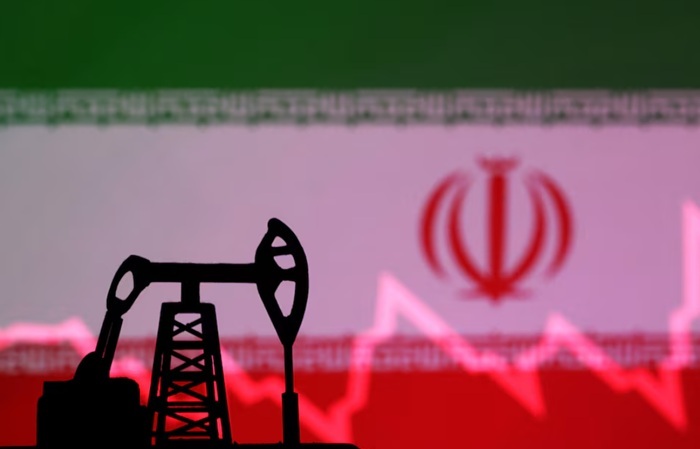
US issues new sanctions targeting Chinese importers of Iranian oil
ON: April 18, 2025 -

Death of minor girl sparks protest in Karachi
ON: April 18, 2025


